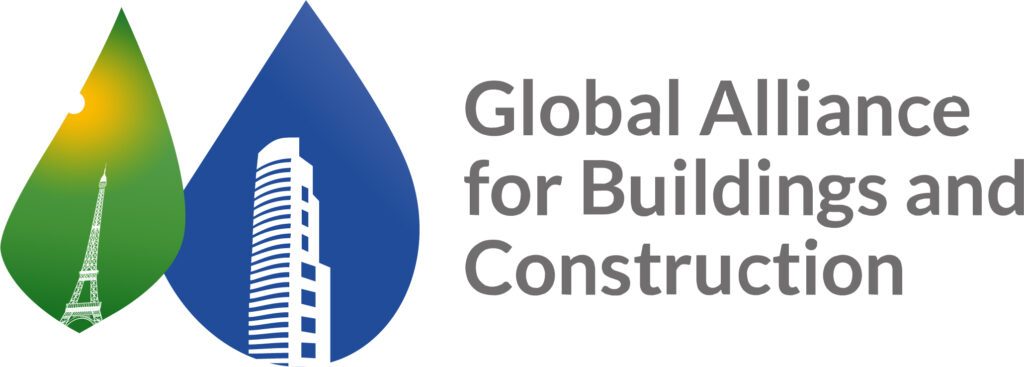Global Alliance For Buildings And Construction

Founded at COP21, hosted by the United Nations Environment Programme and with 271 members, including 38 countries, the Global Alliance for Buildings and Construction (GlobalABC) is the leading global platform for all buildings stakeholders committed to a zero-emission, efficient and resilient buildings, and construction sector. The GlobalABC is a global advocate for market transformation and focuses on catalysing action by defining a carbon neutrality strategy for the built environment.
The GlobalABC co-leads the Human Settlements Pathway under the Marrakech Partnership for Global Climate Action, which outlines the 2030 and 2050 decarbonization goals. It supports countries in setting priorities and measures based on their situation: GlobalABC develops policy guidance and global and regional buildings and construction roadmaps outlining aspirational targets, timelines, and key actions for essential policies and technologies, offering a model for national and city-level buildings and construction roadmaps to support and raise the ambition of NDCs.


